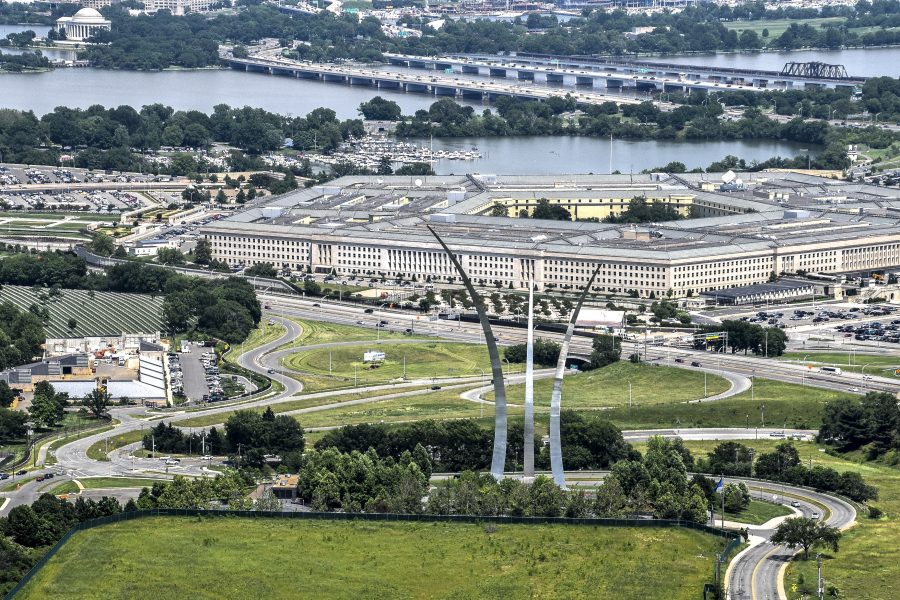The Pentagon is reckoning with the growing presence of ideological extremists in its ranks, especially white supremacists and militia members who target troops to bolster their organizations’ credibility. A group of lawmakers on Jan. 14 called on the Defense Department to launch a “comprehensive” investigation into the problem.
“We in the Department of Defense are doing everything we can to eliminate extremism in the Department of Defense,” Garry Reid, the Pentagon’s director for defense intelligence, said Jan. 14. “DOD policy expressly prohibits military personnel from actively advocating supremacist, extremist, or criminal gang doctrine, ideology, or causes. All military personnel, including members of the National Guard, have undergone a background investigation, are subject to continuous evaluation, and are enrolled in an insider threat program. Simply put, we will not tolerate extremism of any sort in DOD.”
The issue is a top concern in the aftermath of the Jan. 6 riot at the U.S. Capitol, in which multiple veterans and at least one Active-duty service member took part. Fourteen Democratic lawmakers sent a letter to Sean O’Donnell, the Pentagon’s acting inspector general, urging a deep investigation into “instances of white supremacist and violent fringe extremist activity within the military.”
“Beyond the insurrectionist attack on the Capitol, it has been widely reported that white supremacists are joining the military and permeating the ranks,” the senators wrote. “Although some recruits with extremist views attempt to join the military, it is also common for this destructive ideology to take hold during military service. The spread of white supremacist ideology is dangerous for the military and threatens to rupture civil-military safeguards that our democracy requires.”
During a Jan. 14 briefing, a senior defense official told reporters that the number of investigations into current and former service members with possible ties to extremist groups has grown. This increase is based both on “societal” issues—as evidenced by events like the 2017 white supremacist rally in Charlottesville, Va.—and the prevalence of like-minded groups at the Jan. 6 attack in D.C.
The number of reported cases is also growing as the federal government and law enforcement take the issue more seriously and are “actively tracking down these leads,” they said.
The defense official said the FBI notifies DOD of about 200 cases per year that are being investigated, though that number includes other criminal activity outside of extremist cases. They did not provide a specific number of how many current and former troops are investigated for connections to extremist groups.
Supremacist and militia groups target service members for multiple reasons, the official said.
“We know that some groups actively attempt to recruit our personnel into their cause, or actually encourage their members to join the military for purposes of acquiring skills and experience,” the official said. “We recognize that those skills are prized by some of these groups, not only for the capability it offers them, but it also brings legitimacy in their mind to their cause—the fact that they can say they have former military personnel that aligned with their extremist and violent extremist views.”
As part of a broader report on diversity and inclusion in DOD, acting Defense Secretary Christopher C. Miller directed a review of current policy, laws, and regulations governing active participation by military members in extremist or hate groups.
A report is expected out March 31, followed by a plan of action to address the issue, due out by June 30.
